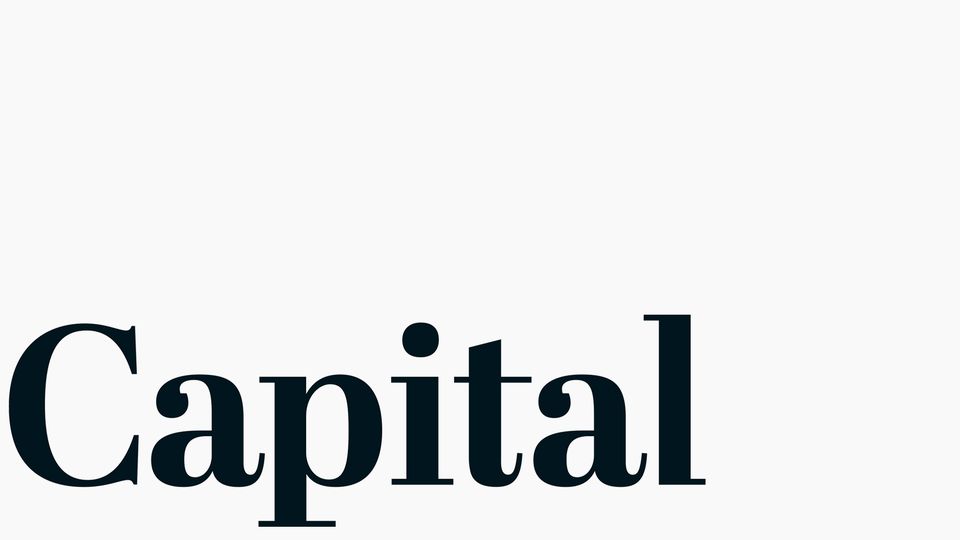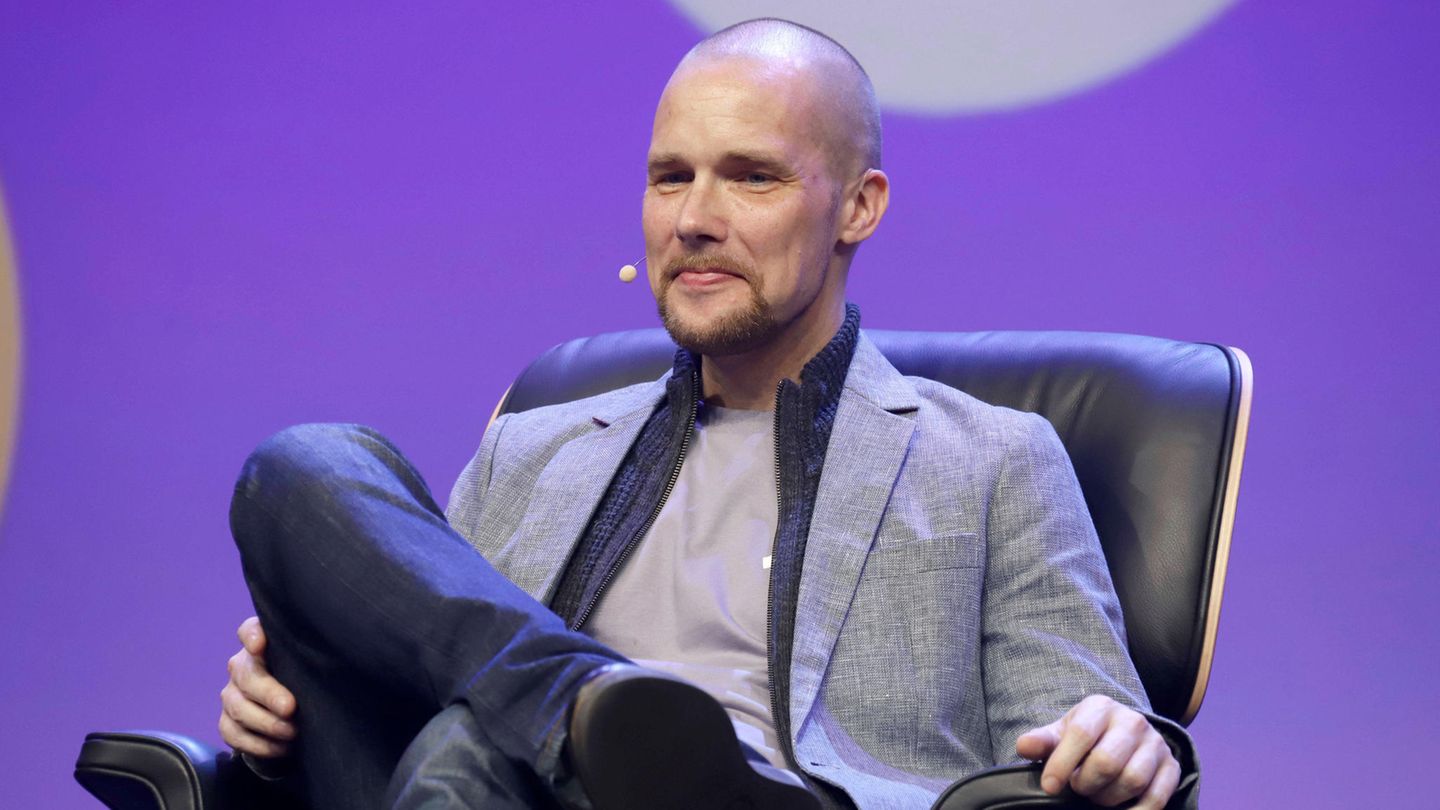Did the Heidelberg-based AI start-up Aleph Alpha really receive a capital injection of $500 million from investors at the end of 2023? Internal documents raise doubts.

This is original content from the Capital brand. This article will be available for ten days on stern.de. After that, you will find it exclusively on capital.de. Capital, like the star to RTL Germany.
The story seemed perfect: Jonas Andrulis, former Apple manager and AI expert, is building the great hope for generative artificial intelligence in Germany, a European champion that can take on the dominant US players. Safe, reliable, powerful.
The company made a big splash at the end of last year when it announced a financing round of $500 million, raised from the who’s who of German business: Lidl owner Dieter Schwarz, through his newly founded AI center Ipai, the software group SAP and the industrial giant Bosch were among those involved. This fit perfectly with Andrulis’ story: a German AI challenger, closely connected to the German economy, financed with German capital.
There is only one catch to the story: financing of more than 500 million dollars never came through. Instead, the company received significantly less capital than the half a billion that Aleph Alpha led the public and media to believe. Internal documents available to Capital show that just over 100 million euros were invested in the start-up in the financing round. This is evident from the as yet unpublished 2023 annual financial statements. According to them, at the end of 2023 – shortly after the financing round – there were around 108 million euros in the start-up’s account, an increase of 102 million euros compared to the previous year. There are no other traces of the remaining money in the balance sheet.
Capital research confirms suspicion
According to a presentation for investors in the financing round in question, which Capital also has, Aleph Alpha was only looking for 100 million dollars anyway. Initial doubts about the daring announcement. Capital’s research now confirms the suspicion.
When asked, the company did not want to comment specifically on the obvious discrepancy. Instead, a company spokesperson referred to two newspaper articles that provide information “on the special features and composition of the financing round”: Firstly, there is a “Handelsblatt” article from last summer that reported on a collaboration between Aleph Alpha and the Heilbronn Ipai Center and in which the Ipai’s financing plans were stated: “Over the next ten years, more than 300 million euros are to be invested, which will indirectly benefit Aleph Alpha.” However, other companies could also benefit from this, “since all joint research results are to be disclosed.”
Secondly, there is an article from the British “Financial Times” about the actual financing round in November, which already stated at the time that only around a quarter of the money was equity participation – the rest was made up of “research grants and commitments for joint business development that will not dilute shareholders,” the newspaper wrote, citing people close to the company. So it was already known at least in principle that the large Aleph Alpha funding was never really about 500 million dollars in fresh capital. Nevertheless, the company spread the half-billion dollar narrative.
“Big PR stunt”
It is not uncommon for start-ups, especially in the booming AI sector, to present their own funding somewhat larger – for example, when computing power is exchanged for shares. Training their own language models is extremely expensive, and for this the AI providers need computing power, which they have to buy – or get in exchange for shares.
In the case of Aleph Alpha, however, the calculations were apparently very generous, as the example of the Ipai cooperation shows. “It seems that they really wanted to show that they can also bring together AI mega-rounds in Germany,” says tech expert Philipp Klöckner. For “a big PR stunt,” the company apparently “added up all financial resources, sales and license commitments, performance promises and other funding.” In doing so, says Klöckner, they “proved the exact opposite: namely that it is not possible to mobilize such resources in Germany.”
At the beginning of the year, the Aleph Alpha boss insisted on the official information on the 500 million round: “The money will flow in full and will not be restricted or artificially increased by computing power or anything like that,” Andrulis told the “Frankfurter Allgemeine Zeitung”. “But of course we won’t have everything in our account on day zero.” Aleph Alpha now appears to be distancing itself from this statement, as the spokesman’s reaction shows.
Sales targets missed by a long shot
With the inflated announcement, the company has meanwhile increased its own pressure to succeed – and now has to be judged by it. Currently, it seems that this is becoming a problem. As several media outlets have reported, many users are not at all satisfied with the quality of the Aleph Alpha language model Luminous. This is apparently also reflected in the business figures: As internal documents show, the company was targeting sales of 6 million dollars (5.5 million euros) for the current year at the beginning of 2023, and the company is forecasting 20 million dollars (18.5 million euros) for 2024. In fact, according to the annual financial statements, Aleph Alpha did not even break the 1 million euro mark last year, with a loss of around 18.9 million euros.
In contrast to OpenAI and its freely accessible ChatGPT product, Aleph Alpha relies exclusively on large paying customers. Now all expectations are on the presentation of a new language model that Aleph Alpha has been announcing for some time. The company is also working on restructuring its business model: recently, it has wanted to connect language models from other providers in addition to its own AI called Luminous.
Source: Stern




